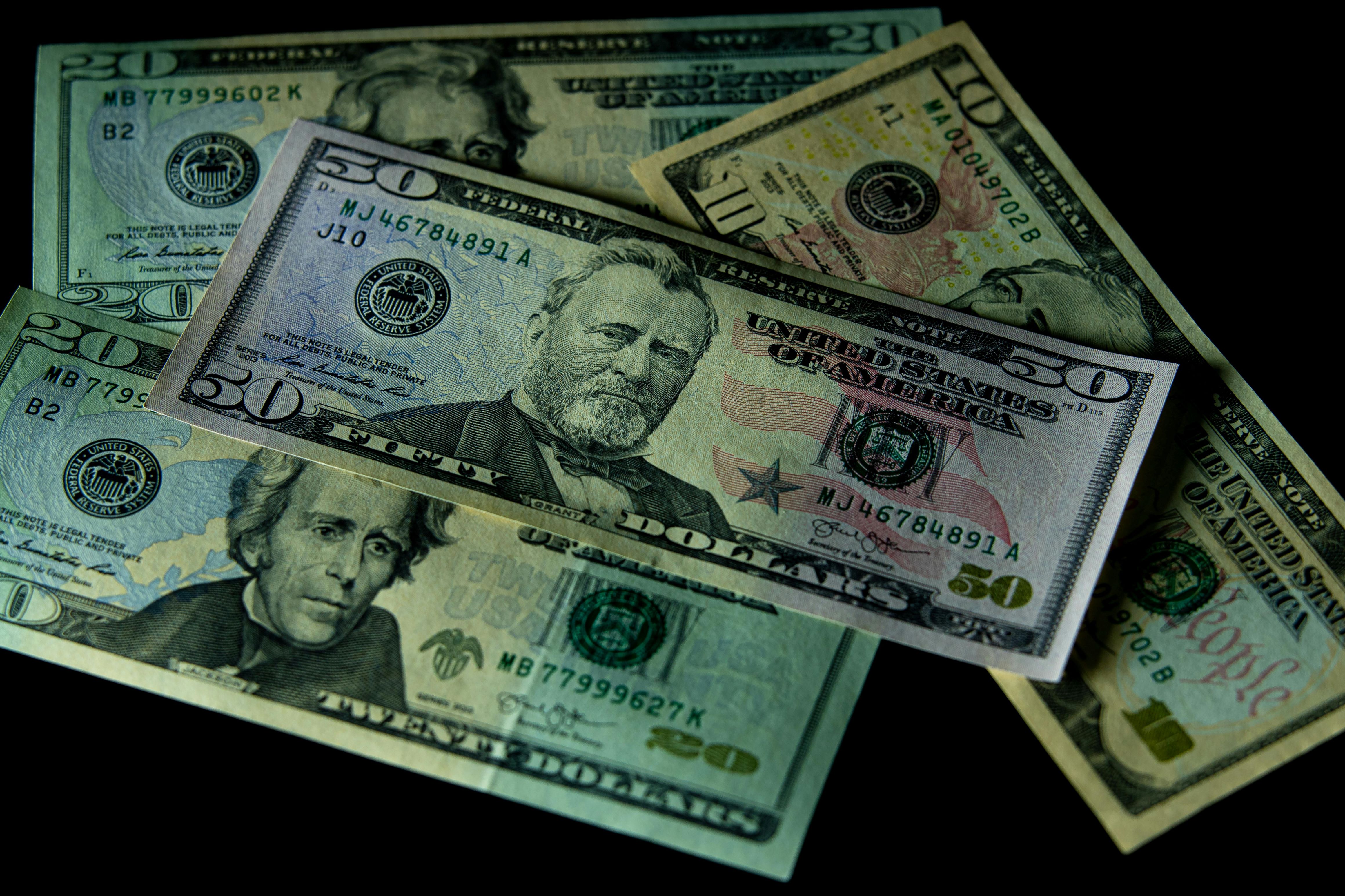Visa Stock Analysis: Is Visa a Strong Opportunity Ahead of Q4 Earnings?
$325.48
28 Jan 2026, 19:25

Pexels.com

Falling greenback boosts US multinationals—but could reshape markets and shift global capital flows
Dollar Decline Far From Over, Say Analysts
The recent slide in the US dollar is likely just the beginning of a longer depreciation trend, according to Morgan Stanley. Analysts at the bank argue the greenback’s weakness is merely at an “intermission” stage, with further declines expected through 2027.
The EUR/USD exchange rate has touched 1.17, but this level is not seen as a floor. Rather, the dollar is forecast to continue weakening, driven by a combination of shifting global capital flows, changing hedge behaviours, and less aggressive US monetary policy.
Limited Impact on US Economy, Bigger Effects for Corporates
Despite headlines, a weaker dollar is expected to have only a modest macroeconomic impact on the broader US economy:
This is partly because the US economy is relatively insulated from currency-driven trade shocks compared to more export-dependent nations.
Multinationals Set to Benefit
Where the dollar’s weakness could have a meaningful impact is on corporate earnings—particularly for large US firms with significant overseas revenues. Currency translation effects mean foreign earnings are now worth more in dollar terms.
Sectors and Stocks Poised to Gain:
Morgan Stanley highlights several sectors likely to benefit:
Top stock picks include:
These companies earn a substantial share of revenue abroad, making them natural winners from ongoing dollar depreciation.
Investment Implications: What to Watch
Bullish for US Multinationals
Investors should expect earnings upgrades and possible share price boosts for globally diversified companies, especially those in the S&P 500 with high foreign exposure.
Shift in Corporate Hedging
As the dollar weakens, companies are reducing hedge ratios, lessening demand for the dollar and potentially accelerating the decline. This self-reinforcing cycle could also impact FX derivatives markets and cross-border investment decisions.
Impact on US Asset Weightings
Weaker dollar trends may affect index weightings, reducing the US share in global equity and bond benchmarks. This could lead to a drop in passive inflows into US markets and a rebalancing toward other regions, especially Europe and emerging markets.
What Could Happen Next?
Although the Federal Reserve is not expected to react sharply to dollar weakness, a gradual tilt toward dovish monetary policy could reinforce current FX trends.
Investors should prepare for:
Final Takeaway for Investors
The dollar’s decline presents both risk and opportunity. While domestic inflation impacts are limited, the real winners are multinational companies with global exposure. Investors should consider rotating into export-heavy sectors, watch for passive fund shifts, and stay alert to evolving central bank responses.
Sources: (Investing.com, Reuters.com)